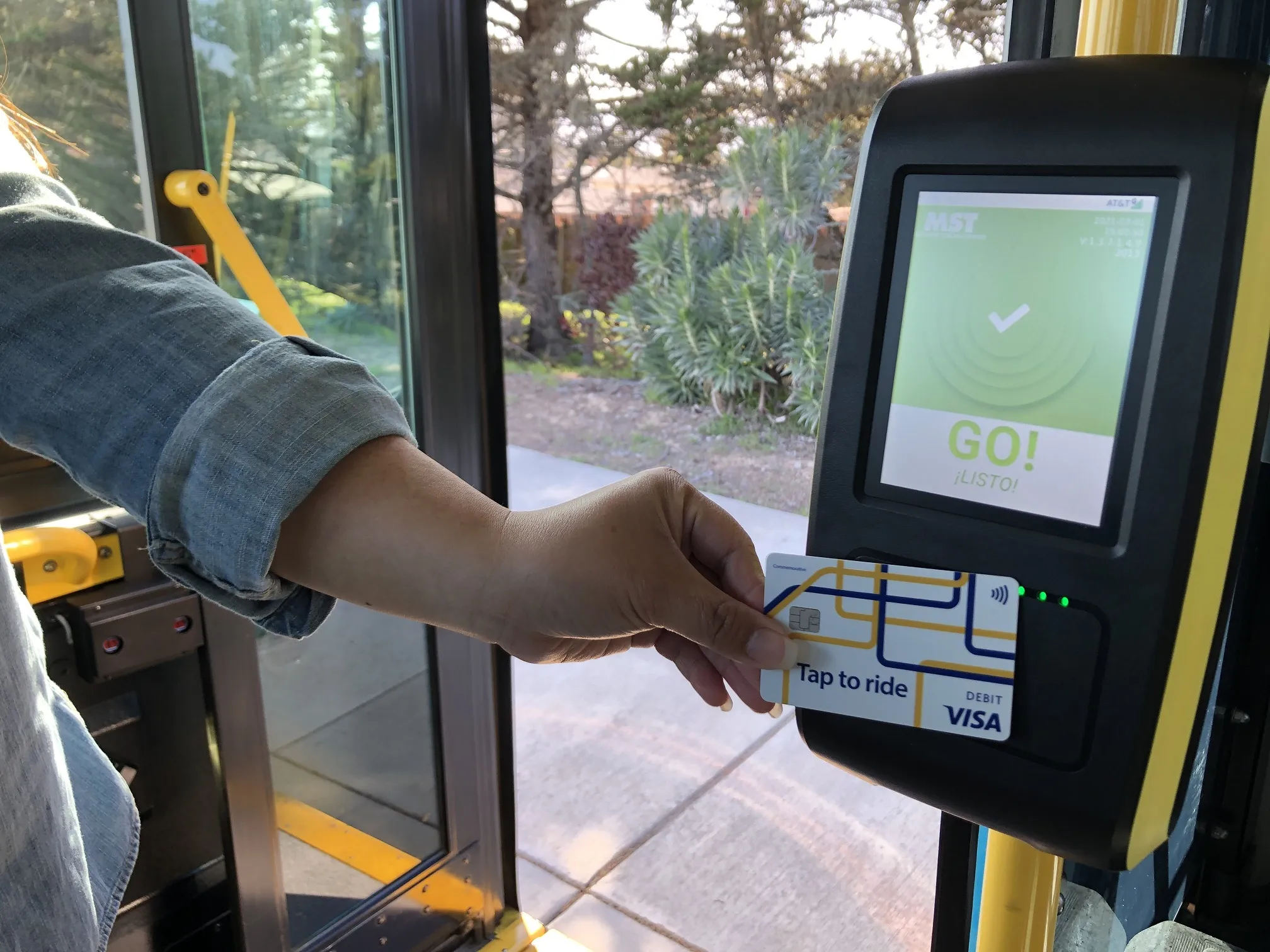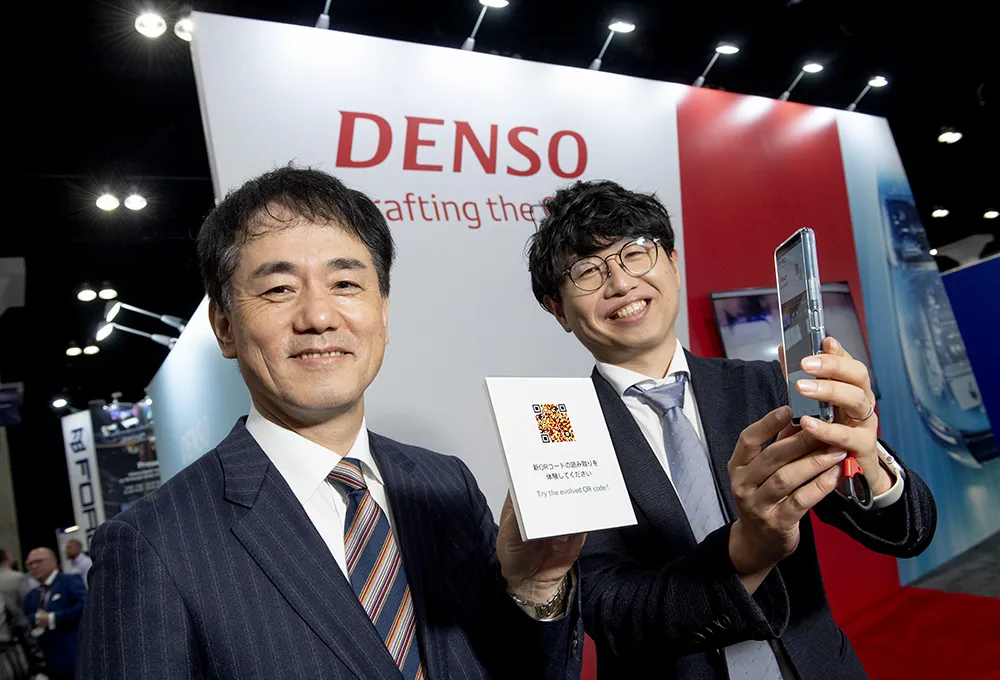
Intertraffic 2016 got off to a flying start yesterday when
Although the value of the contract remains commercially confidential, its scale meant it was the talking point of day one at the show.
The start of a long-term partnership between Skidata and the City of Amsterdam, the deal covers an initial batch of the 22 parking areas in the city that account for 25,000 parking spaces.
The public tender is focused on a long-term partnership to explore future parking technologies, services and innovations like paying by mobile phone and the introduction of e-ticketing.
The first part of the contract will see Skidata equip four parking areas in the Zuidoost district of Amsterdam which covers more than 11,000 parking spaces. They include the Amsterdam Arena (the Ajax stadium), the Heineken Music Hall and a large shopping centre. On event days, some 10,000 parking transactions are made.
The initial phase will be followed by the equipping of another four parking areas in Zuidoost and then another 14 across Amsterdam.
The city of Amsterdam relies heavily on innovations in parking and has set itself the goal that customers can choose freely between parking on the street or in garages (on-street or off-street) and pay the entire parking fee conveniently over their mobile device.
The parking facilities will include the latest technologies, such as licence plate recognition, EMV integration (for debit/credit cards), payment via mobile phone and the possibility to print tickets at home via QR/Print@Home codes.










